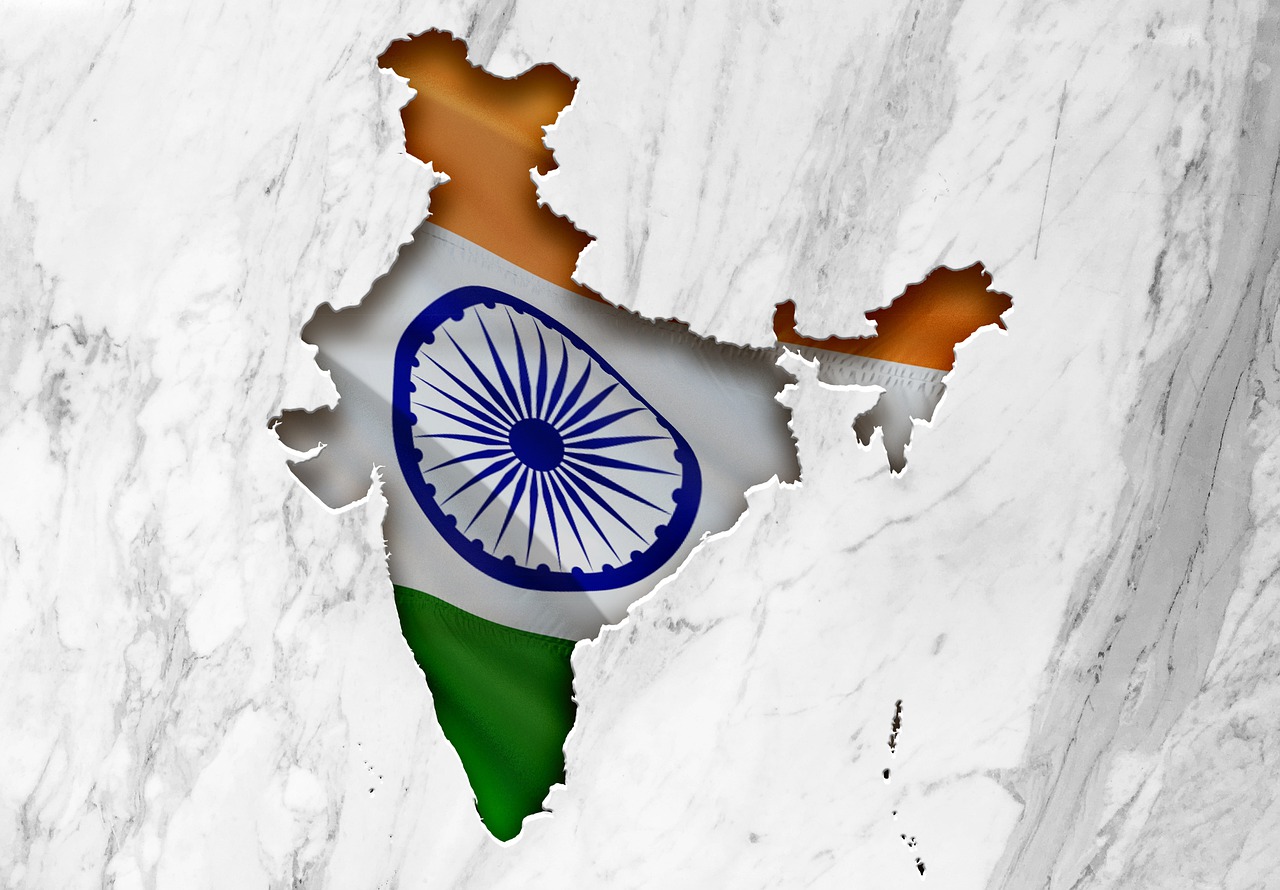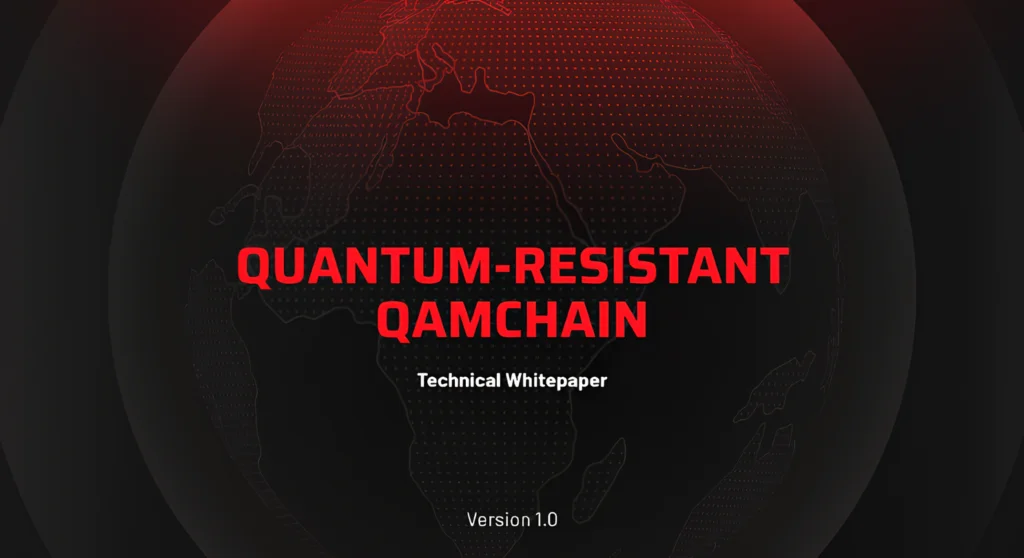Insider Brief
- India announced it’s investing Rs.6003.65 Crore (approximately $740 million USD) over an eight-year span, from 2023-24 to 2030-31 for its National Quantum Mission.
- The timing of the NQM aligns with the swift global advancements in quantum technologies.
- Academic and R&D institutions across India are invited to submit pre-proposals for technology hubs.
The Union Cabinet, steered by the Department of Science & Technology, has greenlit the National Quantum Mission (NQM), earmarking a budget of Rs.6003.65 Crore (approximately $740 million USD) over an eight-year span, from 2023-24 to 2030-31.
The initiative is designed to help India compete in the emerging quantum industry and maneuver this reservoir of science and technology talent into a leadership position in the realm of quantum research, innovation and applications on a global scale. The timing of the NQM aligns with the swift global advancements in quantum technologies, presenting an opportunity for India to leverage these developments for economic growth, scientific advancement and technological breakthroughs.
Central to the mission is an invitation to academic and R&D institutions across India to submit pre-proposals for technology hubs, or T-Hubs. These proposals are expected to align with the mission’s objectives, focusing on the exploration and application of quantum technologies in areas such as Quantum Computing, Quantum Communication, Quantum Sensing & Metrology, and Quantum Materials & Devices.

“The launch of the pre-proposal is an important step in the National Quantum Mission approved by the Cabinet last year. With a brainstorming session with researchers to identify expertise, strengths and opportunities scheduled soon, the National Quantum Mission is expected to see substantial progress in the next few months. The NQM will also work in collaboration with industry and startups to translate research to deployable technologies. The Department of Science and Technology (DST) will provide necessary resources for success of submission and to facilitate researchers so that India evolves to a competitive position at the international level,” said Secretary DST Professor Abhay Karandikar, as reported in a statement from the ministry.
Quantum Computing, poised to overhaul traditional computing with its superior speed and capabilities, stands as a key area of focus. Quantum Communication aims at establishing ultra-secure communication networks, crucial in today’s data-centric world. Quantum Sensing & Metrology offers potential breakthroughs in precision measurements, impacting navigation, timing, and physics. The exploration of Quantum Materials & Devices could lead to novel materials and devices harnessing quantum principles, with wide-ranging applications from energy to healthcare.
The National Quantum Mission is not just a substantial financial undertaking but also will require the creation of interdisciplinary, strategic collaborations and careful planning. By bridging the gap between academic research and practical applications, the mission is designed to catalyze innovations that could redefine a many sectors, including defense, computing, communication and healthcare.
Ultimately, as the global race in quantum technology accelerates, India’s NQM stands as a critical endeavor in shaping both the national and international landscape of quantum science and technology.
If you found this article to be informative, you can explore more current quantum news here, exclusives, interviews, and podcasts.















